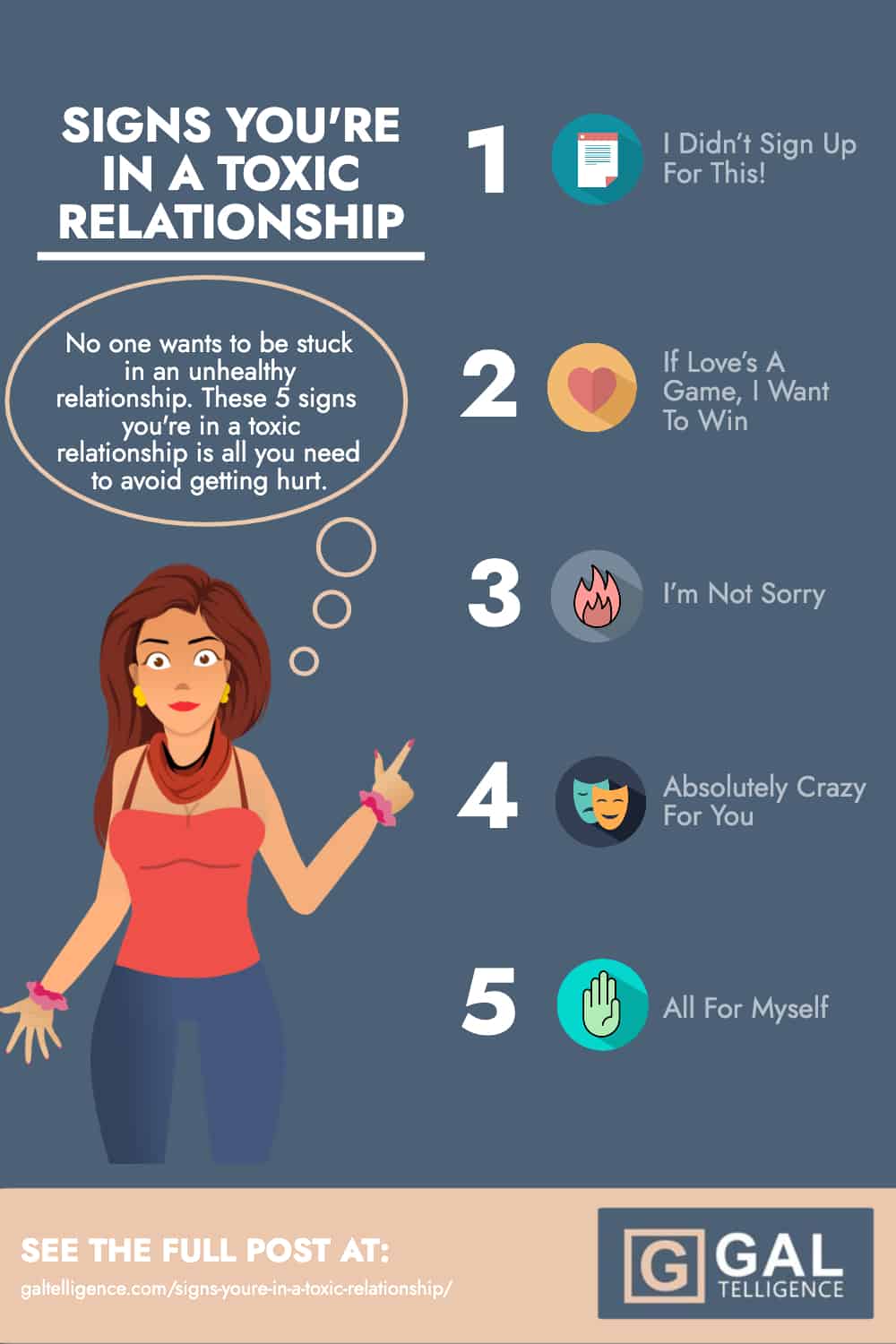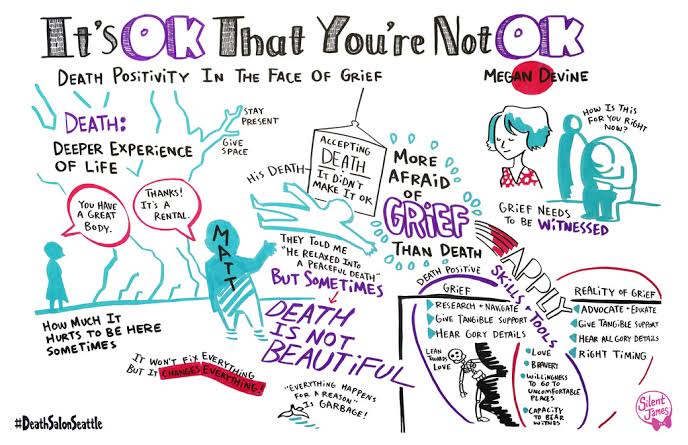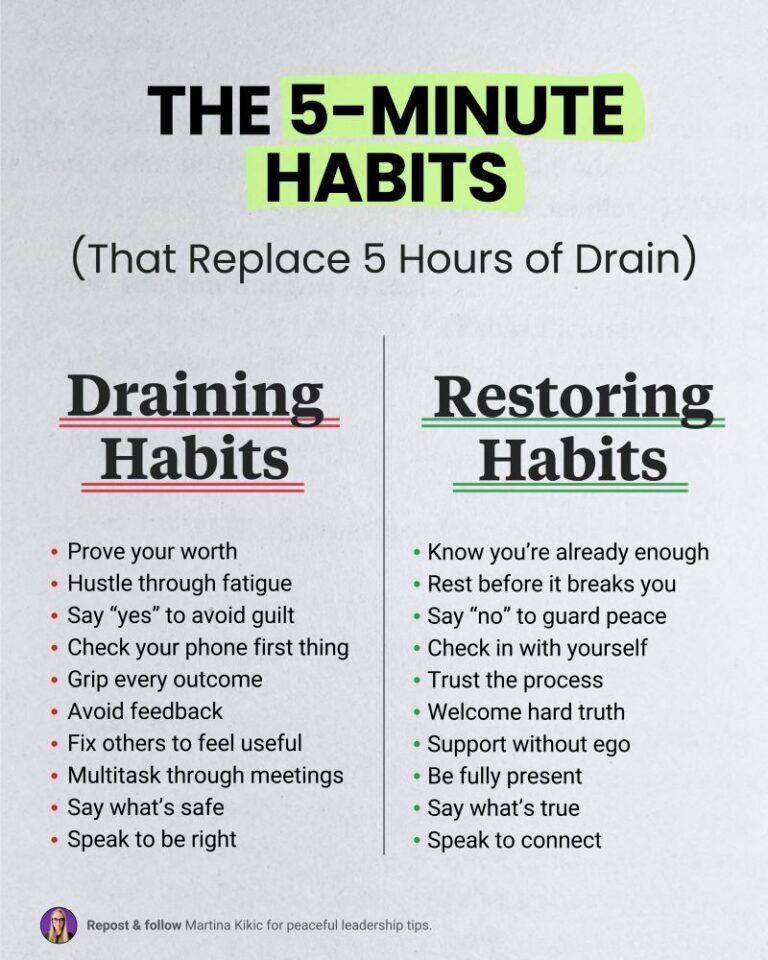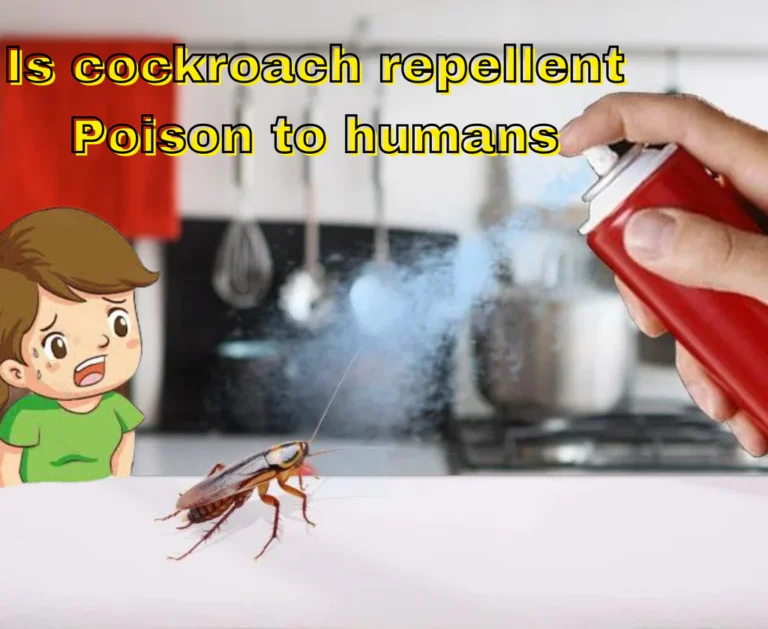
Relationships are not easy, they definitely require work to last, and sometimes relationships can be complicated, and require a fair amount of compromise on both sides, and they require respect and communication from both parties.
And every relationship is built on trust and open communication where both people value each other’s views, even if they don’t always agree, and there are disagreements even in the healthiest of relationships, and this is when you need to “constructive argument”, and it’s when you may need time to cool off And return to discuss the issue without derogatory terms.
So, there are some basic characteristics of a healthy relationship: openness, honesty, and affection, but everything changes over time if you start noticing controlling behavior, feel more pressure or compulsion, or feel any form of physical, emotional or mental abuse. There is a problem that must be addressed if this can be done safely.
Signs of a toxic relationship
When the relationship is good, it just flows, but when it becomes toxic it can be a real torture, as it makes you feel some signs and symptoms that cannot be ignored, for example:
1. Unhappiness
If you continue to feel tired or unhappy after spending time with your partner, it doesn’t mean that you no longer love each other, but that something has changed, leading you down the path of constant bickering and irritation over petty issues.
2. Resentment
If you no longer feel joyful when you are with someone, it is easy to feel resentment. Some of the signs of toxic relationships are a lack of support, patterns of disrespect, constant stress and a lack of self-care, where you no longer do the things you used to love, and these are the most dangerous signs that you are in a toxic relationship.
3. Bad treatment
Both people need to work to save the relationship, when in fact it is almost impossible to return from some toxic trait, such as any form of physical abuse, or ongoing emotional abuse.
In this case, working with a therapist or couples coach helps provide a neutral space to talk about the issues and help you find something new.







